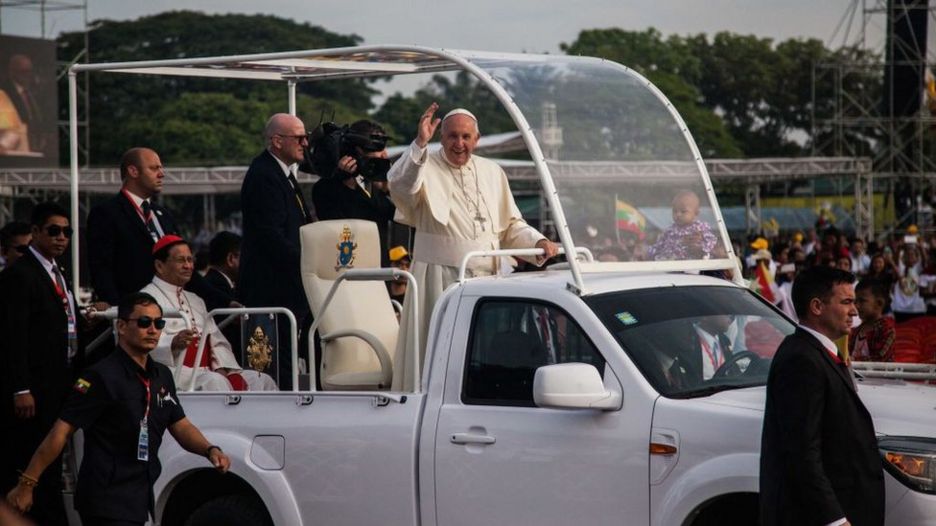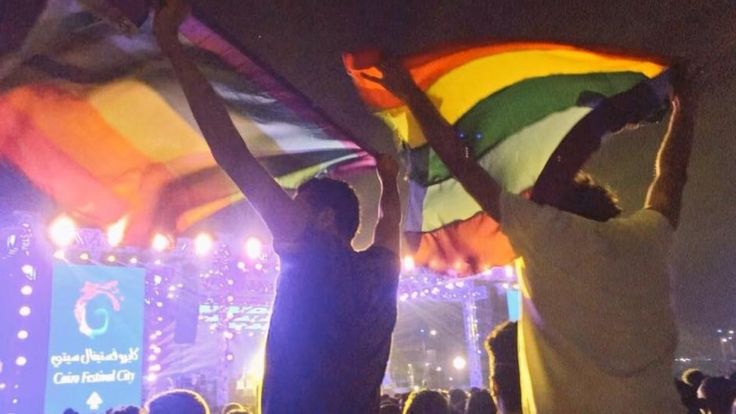By Jenilyn Brhel
Impunity Watch Reporter, Europe
REYKJAVIK, Iceland – Over 400 political leaders from around the world gathered in Iceland on Wednesday, November 28th to discuss gender equality.

The group, comprised mostly of female political leaders, convened to address barriers to progress in the quest for gender equality.
The summit, held annually, is sponsored by the Women Political Leaders Global Forum, an organization intent on increasing the number of female political leaders in the world, in collaboration with the Council of Women World Leaders, a network for female prime ministers and presidents.
The theme of this year’s summit was “We can do it!”, a reference to Iceland’s success in achieving gender equality.
Iceland is known for being a champion of gender equality. For the past nine years, the World Economic Forum has identified the country as having the smallest gender gap, with pay being a factor considered along with life expectancy and access to educational opportunities. Iceland has the highest employment rate of females worldwide, with 8 out of 10 women there employed.
Iceland was the first country in the word to elect a female president. In 1980, Vigdis Finnbogadottir defeated three male candidates.
There is a great disparity in the ratio of male to female political leaders in other parts of the world. Women make up only 7 percent of heads of state and comprise less than a quarter of parliamentary seats worldwide.
The pay gap is another topic of concern. The World Economic Forum’s most recent index suggests that under current trends it will take another 217 years for the pay gap to close between men and women. In Iceland, the pay gap is projected to close by 2022.
On November 20th, the European Union recommended a two-year plan to close the gender pay gap. The plan recommends sanctions for companies that do not provide equal pay as well as the monitoring of policies to ensure discrimination is not taking place.
On average, women earn 16.3 percent less hourly than men. This number has remained steady for the past five years.
In addition to addressing pay gaps and the lack of political diversity, the summit addressed the recent tide of allegations of rampant sexual harassment throughout the world.
“That kind of behavior, which is now deemed widely unacceptable, has been one of the barriers to women getting ahead,” said New Zealand Prime Minister Helen Clark. “Lots of sectors — parliaments, film industries and others — are having to face their past and say, ‘We are going to do it better.’”
While strides have been made in terms of achieving greater gender equality, proponents believe there is much left to be done. At the summit, Finnbogadottir received an honorary award at and addressed the crowd. “Gender equality has changed tremendously in Iceland since then but we still got some ways to go,” she said.
For more information, please see:
Reuters – EU Proposes Two-Year Plan to Close Gender Pay Gap – 20 November 2017
The Guardian – Only 23% of the World’s Politicians are Women. It’s Time for That to Change – 29 November 2017
Press Herald – Iceland Summit Stresses Gender Equality in Politics – 29 November 2017
The Washington Post – Women Leaders Tackle Gender Equality at Iceland Summit – 29 November 2017
The New York Times – A Man Among Female Leaders: ‘The Risk of Mansplaining Is Very High’ – 2 December 2017


